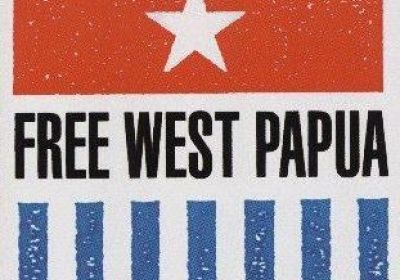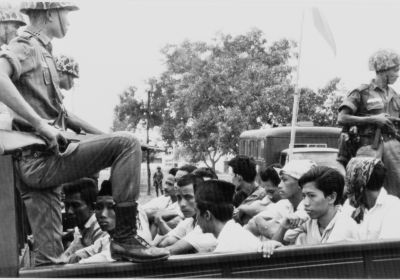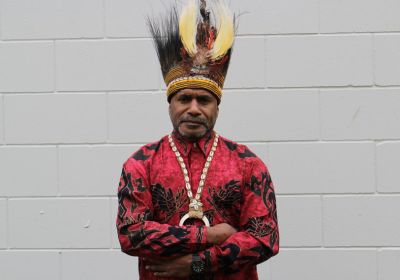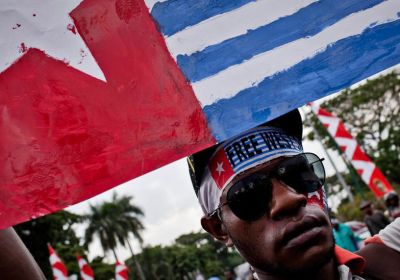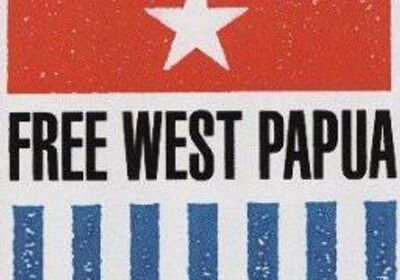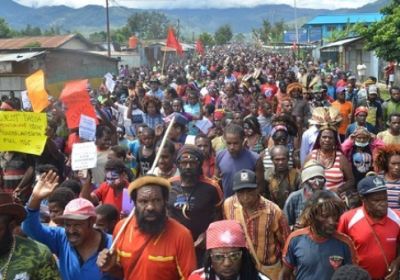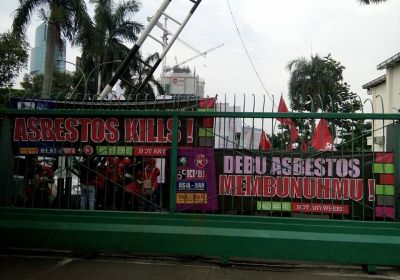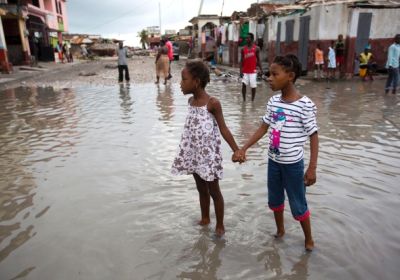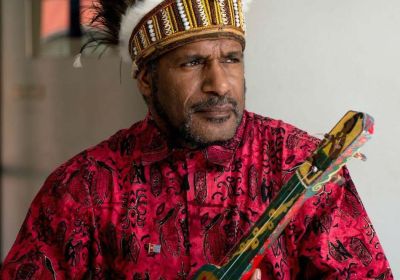-
-
-
-
-
-
-
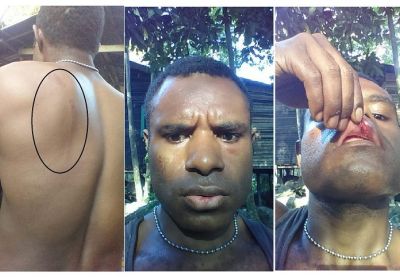
“We have just received urgent news from West Papua that 200 people have been arrested and 26 tortured by Indonesian police, two days before Indonesia hosts the World Press Freedom Day in Jakarta,” the Free West Papua Campaign said on May 1.
-
-
-
-
-
Indonesia
Indonesia
